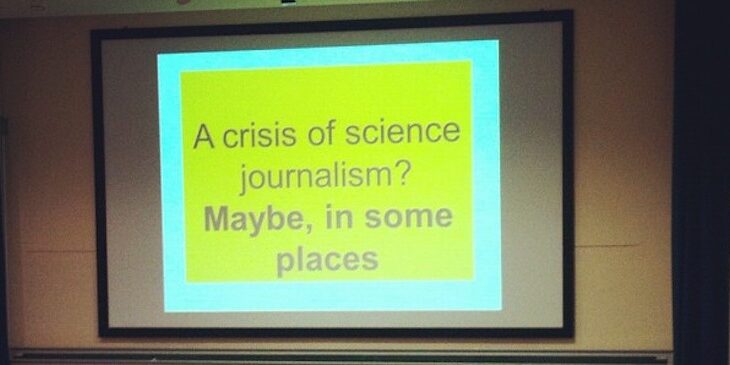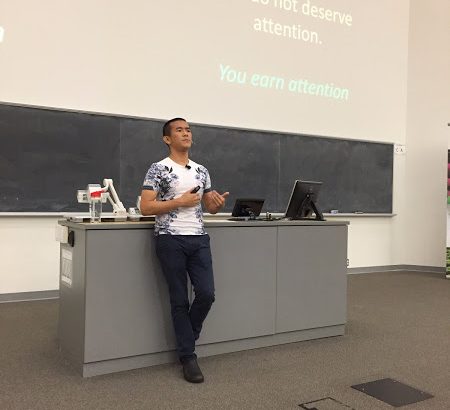
Abbas Mehrabian, guest contributor On November 9, 2020, when Pfizer and BioNTech announced their COVID-19 vaccine had a 90 per cent efficacy rate without publishing a peer-reviewed study to support their claim, many media outlets covered it as glorious news. Fox News’s headline “Pfizer vaccine proves 90% effective in latest trials” took the companies’ […]






